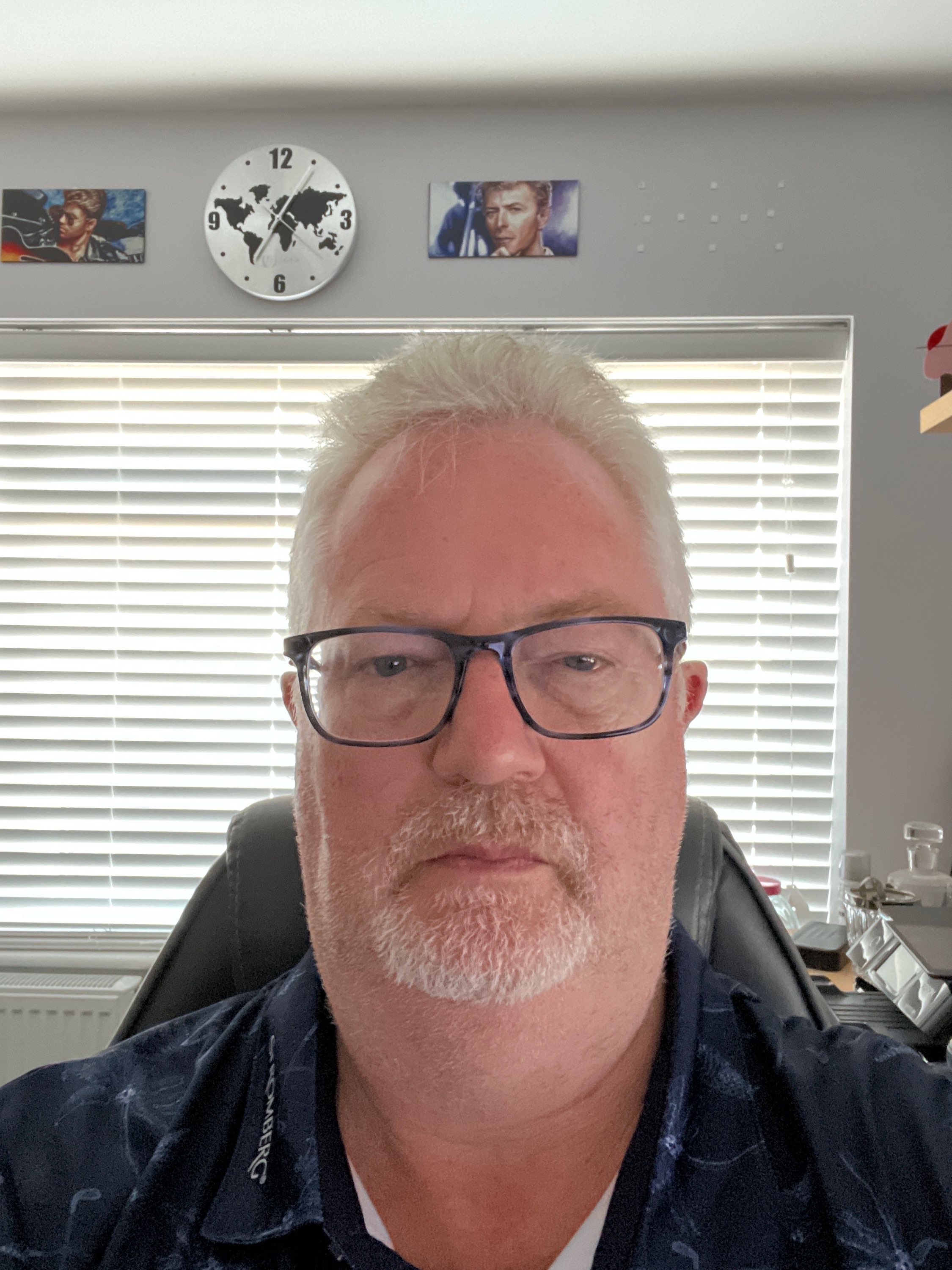Orbital Assembly Congratulates Chief of Medical Shawna Pandya M.D.
- Satellite Evolution

- Mar 18, 2022
- 2 min read

Orbital Assembly Corporation (OAC), the only company advancing the development and operation of the first commercially viable, space-based business park with gravity, congratulates Dr. Shawna Pandya the company’s Director of Medical Research for being named to the prestigious Explorers 50 Club: Fifty People Changing the World that the World Needs to Know About. (pg. 90 profile). Dr. Pandya was recognized for her contributions to space medicine and astronautics.
“It is a prestigious honor to be recognized for my knowledge base and experience to co-developing and deploying immersive technologies such as virtual reality and 360° video for medical skills development in space and on Earth,” she says. “I also have the good fortune of being an architect and foundational voice for a future medical infrastructure on the world’s first artificial gravity space station being developed by OAC.”
In addition to her role at OAC, Dr. Pandya is an aquanaut, pilot-in-training, and a scientist-astronaut candidate program graduate with the International Institute for Astronautical Sciences (IIAS) , the first crewed suborbital research program. She serves as vice president of immersive medicine for Luxsonic Technologies, and a medical advisor to United Space Structures and Astreas. Dr. Pandya is also director of the IIAS Space Medicine Group, the chief instructor of the IIAS Operational Space Medicine course, and Life Sciences Team Lead with the Association for Spaceflight Professionals.
She earned an M.D. and a BSc degree in Neuroscience from the University of Alberta, Canada. She also received a Master of Science (MSc) degree in Space Studies from the International Space University, and is currently completing a fellowship in Wilderness Medicine at the Academy of Wilderness Medicine.
“Our entire OAC team is so proud of Shawna’s prestigious honor,” says Rhonda Stevenson, OAC chief executive officer. “She deserves a place especially among few women scientists focused on space who are helping us overcome the medical challenges of long term space habitation.”
"The Explorers Club 50 may well be the most important initiative our club has ever undertaken," said Richard Garriott, President of The Explorers Club. "I do not make this statement lightly. For 118 years now, we have promoted exploration by all means possible, and as important as it is to get the history right, it is even more important to build on that foundation for the future."



Comments